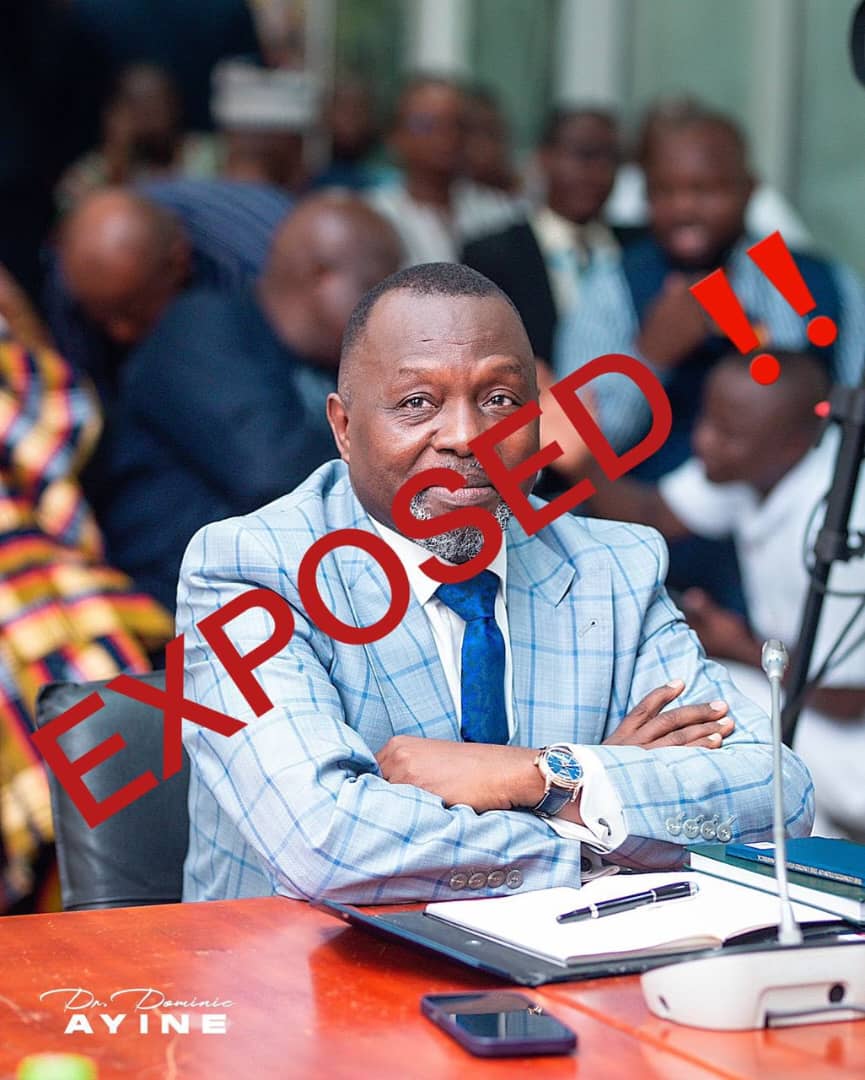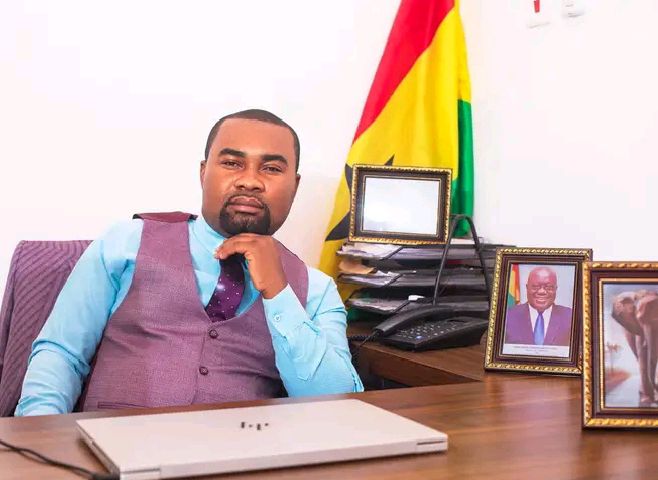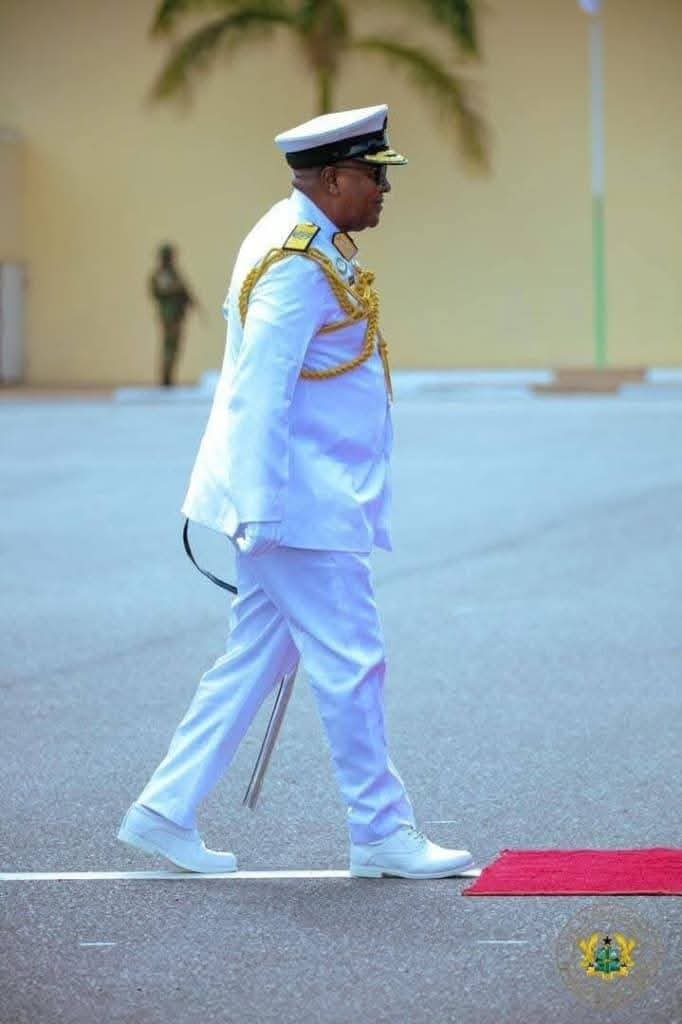The AG has recovered 10.6% of the Unibank Liability NOT 60%
- On 22nd July 2025, the Attorney General of Ghana (AG) announced that he had reached an agreement with the owners of the collapsed Unibank who were under prosecution commenced by the previous government for financial crimes. He also seems to suggest that parallel civil proceedings to recover lost funds shall be terminated.
- The main owner of Unibank being the former finance minister from the same ruling party as the Attorney General, the announcement was naturally greeted with intense cynicism. If anything at all, the criminal action could have been maintained to apply pressure even as a negotiated settlement was pursued. Why then drop the state’s leverage?
- The terms of the settlement – the Unibank actors would need to pay back 60% of their estimated liability – had also proven controversial.
- Today, the AG provided additional details. As a governance analyst, I am a huge supporter of public disclosures that shed light on government’s actions. So, I am happy that I don’t need to scurry around trying to find leaks to do my public interest work.
- I have reviewed the AG’s arguments very carefully. I have also gone back to my notes on the Unibank affair. On balance, I am deeply dissatisfied with the AG’s analysis of the public finance element of the situation.
- I give some credit to his legal reasoning regarding the probability of recovery if the cases were to continue. Especially in light of the strange decision by the Court of Appeal to acquit in the Beige case (I am yet to read the judgment). However, the public still deserves total honesty and rigour from its AG in a case involving such large amounts. Claiming “pragmatism” is not enough.
- Unibank was one of Ghana’s largest banks. Between 2013 and 2016, its assets grew from just about GHS GHS 825 million to GHS 2.88 billion. Its depositor accounts numbered over 400,000 by July 2017. It won many prestigious local awards.
- Unfortunately, when the World Bank and IMF pushed Ghana to evaluate the quality of bank assets in 2015, it was discovered that many of Unibank’s assets were “impaired” on prudential grounds. Its capital adequacy ratio thus dropped significantly below the legal minimum of 10%. Shareholders were then asked to inject more funds, which they did to an extent.
- A new government came into office in early 2017. The Bank of Ghana (BoG) changed leadership. The new bosses introduced stricter scrutiny of the banks. Over a period of more than a year, multiple audits ensued during which it became clearer and clearer that the bank was bankrupt. On 1st August 2018, its license was yanked. A receiver was appointed to manage the residue of assets and liabilities. Hence began the saga.
- The AG’s position is that the GHS 5.7 billion in direct exposure (the financial loss the govt previously believed Unibank’s owners should be responsible for) has been revised upon closer examination to GHS 3.3 billion. Of this amount, GHS 800 million shall be paid back by Unibank through forfeiture of landed properties and GHS 1.2 billion shall be recovered from Unibank’s debtors.
- The financial logic of the entire deal is TOTALLY MISCONCEIVED. The suggested amounts are puny, and whatever money can be recovered from any debtors was done a while back without making a dent in the liability.
- It is instructive that two important players are so far quiet: the Bank of Ghana, a major creditor of Unibank, and the Receiver, who by law is required to safeguard the fiduciary interests of the defunct Unibank. WE MUST HEAR FROM THEM.



